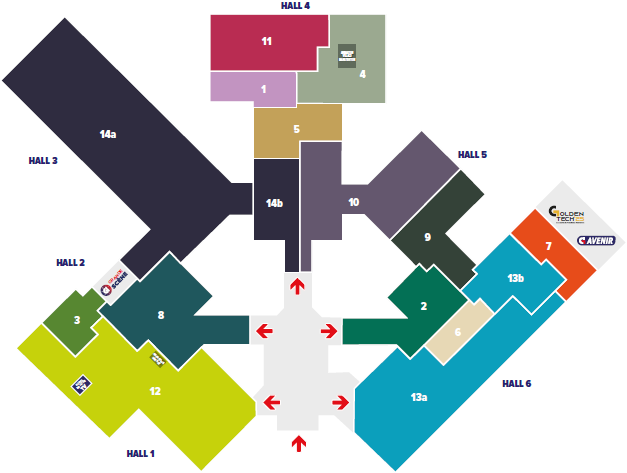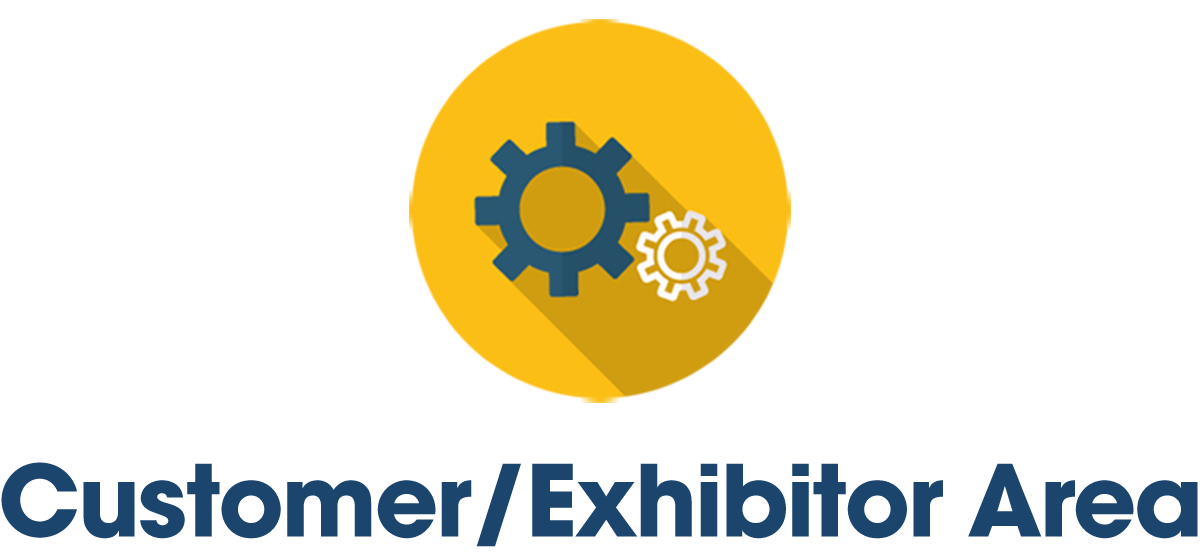
- Homepage
- Our latest news
- AI Anomaly Assistant detects anomalies and malfunctions in industrial processes
AI Anomaly Assistant detects anomalies and malfunctions in industrial processes
Jean-Marie Saint-Paul, CEO of Siemens Digital Industries and Siemens DI Software France, was a guest on Good Morning Industrie at GI 2024, talking about artificial intelligence.
An observation! 78% of French business leaders have not yet fully embraced generative artificial intelligence. Yet 60% of them are aware of the need to transform their businesses, according to a PWC study. There's a real buzz around artificial intelligence. It's not just for the public, but also for industrial sectors. In concrete terms, what can artificial intelligence bring to industry?
Questioned on this subject, Jean-Marie Saint-Paul, CEO of Siemens Digital Industries and Siemens DI Software France, gives the example of a customer in the automotive sector, an equipment manufacturer, who uses artificial intelligence to replace quality controls. “Today, it has succeeded in automating around 80% of quality checks, which were previously carried out manually, thanks to artificial intelligence algorithms exploiting images captured by cameras. These systems are now capable of performing inspections in place of humans. These functions are already available today.
Going further
And Jean-Marie Saint-Paul explains that we can go even further. “There are three major areas of development for me. The first concerns artificial intelligence, which assists engineers and technicians in their tasks. For example, a technician may need to program a robot in an industrial environment. AI will help him write this program, maximizing his capabilities.
The second axis is more advanced artificial intelligence, capable of prediction and prevention. It is no longer simply an assistant at your side, but anticipates future actions, advising you on the next decisions to take. Finally, the ultimate goal, which we haven't yet reached, would be an AI capable of taking control and piloting autonomously. For example, Siemens has developed the industrial application “AI Anomaly Assistant”, which detects anomalies and malfunctions in industrial processes and assesses their impact on the company's activity”.
Jean-Marie Saint-Paul explains how “AI Anomaly Assistant” works, based on algorithms capable of detecting problems on production lines and quickly alerting operators so that they can take the appropriate decisions. “The system also learns to assess the economic impact of malfunctions, particularly on the profitability of production sites. Finally, the system learns by collaborating with technicians and once trained, becomes autonomous in making the right decisions. However, the aim is not to completely replace the human being, but to assist him in making decisions”.








